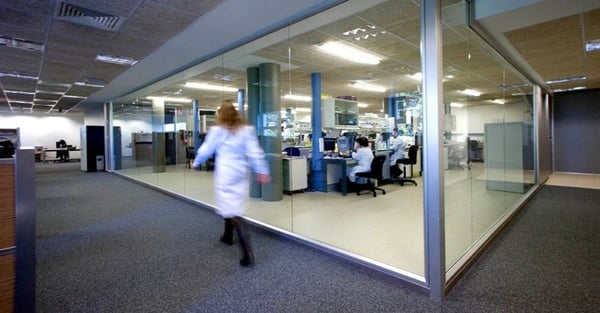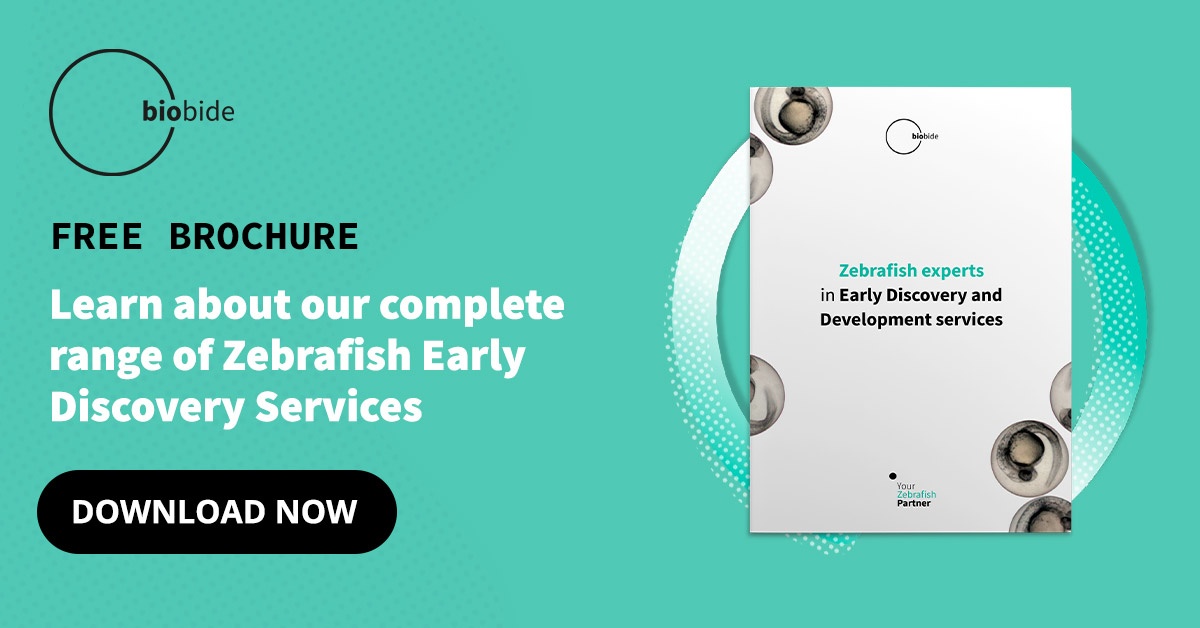Drug Discovery is a complex process, from the earliest stages of finding new molecules to the final steps of marketing a new treatment. Each test, every project, and all the research is different and requires finding experts who have the right combination of niche knowledge, appropriate tools, and technical skill sets.
Trying to do everything in-house and hire experts at the top of their field is next to impossible for any individual pharmaceutical company. The added pressure of growing competition and limited timelines means most biomedical companies will try to find pharma Contract Research Organizations (CRO) to share the burden of the workload.
Contract Research Organizations are independent companies contracted by pharmaceutical and biomedical companies for specific tasks in drug development.
Pharma CROs cover a wide variety of services and skills, but in general they work closely with pharmaceutical companies to ensure specific steps of the Drug Discovery process are done correctly, effectively, and efficiently.
Choosing the right CRO requires a thorough understanding of how niche experts can help the Drug Discovery process with their unique specializations.

How Pharma CROs Work
Drug Discovery starts with researching new chemical or biological compounds and ends with bringing a new treatment to market. Every step in between involves a variety of tests and assays that ask for verifiable and reliable data. Once a candidate drug enters into clinical phases, pharmaceutical companies may also search for Clinical Research Organizations, also denominated CROs but with a very distinct role focusing on clinical data.
Research in a crowded industry with layers of government regulations means pharmaceutical companies are constantly aiming to be as close to perfect as possible.
On the surface, Pharma CROs can be seen as a simple way for pharmaceutical companies to save time and reduce costs. However, the real value of working with a pharma CRO comes from gaining access to knowledge and skill sets that would otherwise be extremely difficult to find.
A part of that valuable experience is knowing how to adapt with a mature attitude. CROs know how to remain flexible and easily fit in with any team. The goal is to provide a practical way to ensure every stage of research and testing has the right people working on the right assays, adding specialized expertise to an existing project without any friction.
CROs should supplement ongoing research into new treatments and diseases, adding to the knowledge base and accelerating the whole process.
It’s important to make sure a potential partnership with a CRO includes tailor made solutions for specific projects. For example, with slight changes in DNA and small edits to genes needing different tests and assays, CROs need to know how to provide exactly what is needed at all times.
Along with specializations and adaptable solutions, CROs need to be comfortable starting dialogues, identifying pain points, and recognizing any issues. If there are ever any struggles, CROs need to work with the pharmaceutical company to find a solution and ensure research continues in an efficient and effective manner.
As a concrete example of some of the best practices, Biobide’s specialized preclinical zebrafish services are based on four key components:
- Expert Services. Develop reliable and relevant assays based on the experiment’s design and provide interpretations of the results supported by industry leading technology and innovative tools.
- Expert Teams. Seamlessly integrate into existing teams with leading experts who have specialized knowledge in genetics, automation, image analysis, and more.
- Global Business. Leverage a large network of partners and interested parties for the development and launch of new solutions on a global scale.
- Industry Recognition. Become a reference in the industry as a quality source for niche expertise and knowledge.
Biobide – A CRO Specializing in Preclinical Studies with Zebrafish
Finding the right Pharma CRO depends on the goals of the pharmaceutical company and the stage of the Drug Discovery process. As an example, Biobide is a CRO that specializes in using zebrafish to conduct preclinical studies as well as environmental studies.
Rather than buying generations of zebrafish and learning how to maintain their habitats, pharmaceutical companies can rely on a CRO like Biobide to ensure all their needs are met.
Zebrafish are in the unique position of being well documented and genetically homologous to humans in many diseases. They have a long history as an animal model in developmental biology and Drug Discovery and are a valuable asset to any biomedical company looking to start preclinical studies.
Biobide’s specialized knowledge of zebrafish and their application in Drug Discovery allows for quick and reliable tests and assays. Being able to rely on a CRO to research the toxicity, efficacy, and safety of a new drug translates into an incredible amount of time saved while also letting experienced experts provide verifiable data.
The fast pace and verifiable results provided by research conducted with zebrafish is one of the major benefits of working with a CRO like Biobide.
Research on the cutting edge of medical science requires specializations that can be difficult to find. Choosing the right CRO ensures all results at every stage of the process are meaningful, repeatable, and reproducible.
The right CRO works with pharmaceutical companies to ensure a new potential treatment has all the data it needs to eventually enter the market.





